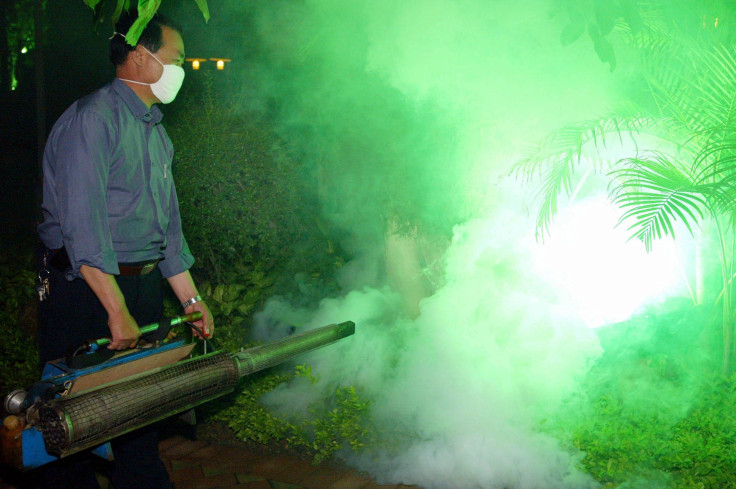Chinese Researchers Develop Mosquitoes That Prevent Spread Of Dengue

Amid researchers and medical experts' longtime search for new ways to control the spread of dengue, one of the most deadly diseases caused by viral transmission facilitated by mosquitoes, there's an innovative approach from China: The country has established the world's largest mosquito factory -- sterilized mosquitoes, that is -- releasing 1 million into the environment every week.
The researchers at the so-called “factory,” located in the northwestern Guangzhou province, breed a symbiotic bacteria called Wolbachia in the mosquito responsible for the spread of the disease, called Aedes albopictusa. The Wolbachia is known to live inside the cells of an insect only and has the ability to kill the dengue virus cells that the Aedes mosquito carry.
The researchers believe that releasing such “sterilized mosquitoes” into the environment helps dilute the population of the mosquitoes that carry dengue virus. Xi Zhiyong, the team leader of the project and a medical professor at the Sun Yat-sen University says that the bacteria targets the virus by stopping its replication inside the mosquito. Zhiyong further added that since the bacteria cannot survive inside human bodies, mosquitoes carrying the bacteria pose no harm to humans.
“We are continuing research work so that every step of the process can be better controlled and measured. Dengue viruses normally need to replicate in mosquitoes. But the symbiotic bacteria can prevent the replication of the viruses. So the viruses are controlled in the mosquitoes,” said Zhiyong, in a statement.
Dengue is a notable disease in China. The year 2014 marked one of the deadliest dengue outbreak in China. There were more than 47,000 cases of dengue reported in the country, a majority of them in the Guangdong province. It is estimated that dengue kills some 20,000 people around the world each year and so far, no commercially available vaccine or proper treatment is available for the disease.
© Copyright IBTimes 2024. All rights reserved.





















